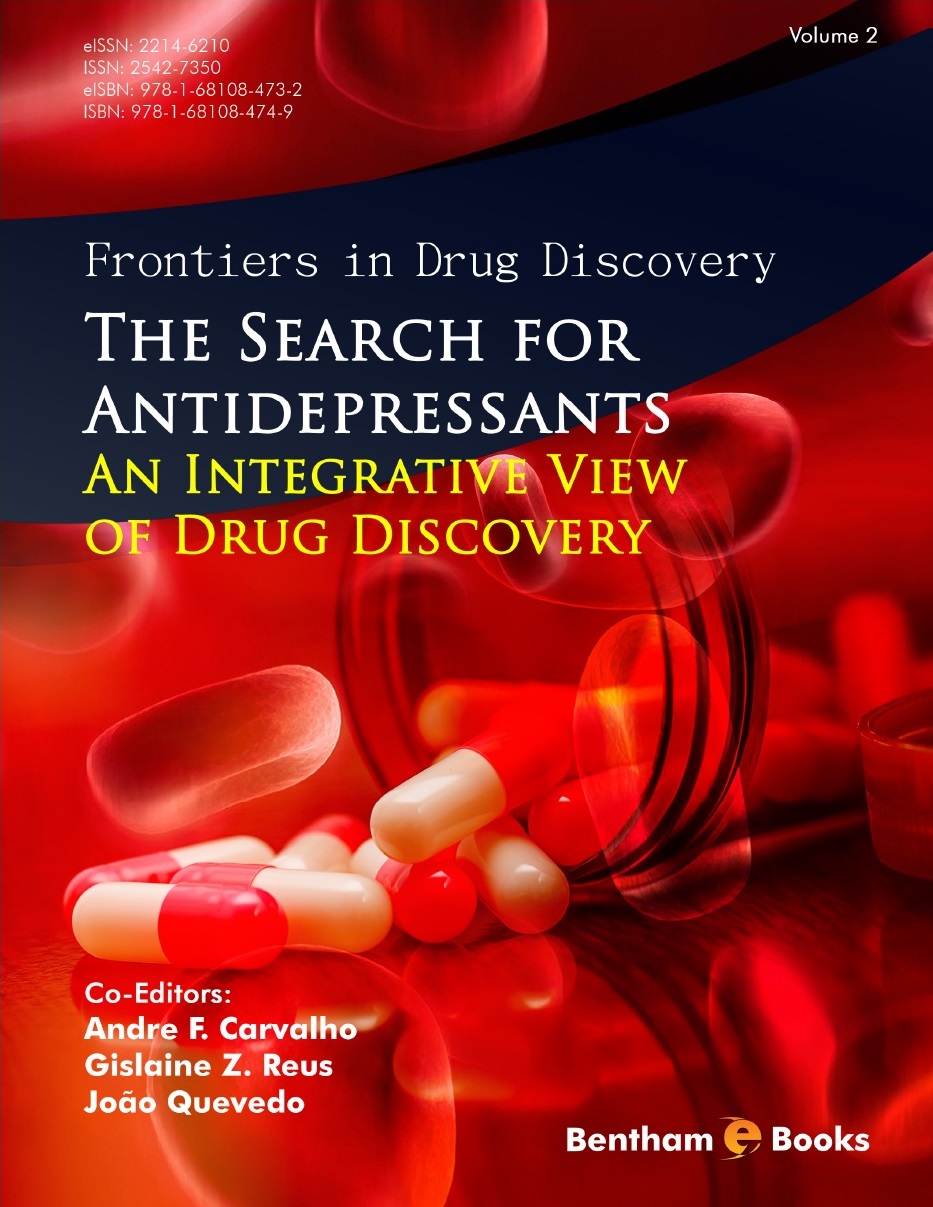Introduction
Major depressive disorder (MDD) is a prevalent, chronic, and recurring mental disorder. This disorder is a leading source of disability worldwide, and is associated with excess mortality rates. Currently approved antidepressants primarily enhance, or otherwise modulate monoaminergic neurotransmission, without curing the disease. Evidence indicates that only one third of patients with MDD achieve remission after treatment with a first-line antidepressant agent. Research in the past two decades has provided valuable insights into the pathophysiological understanding of MDD. However, there is an acknowledged ‘translational gap’ in the field, and few genuinely novel antidepressants have been approved for the treatment of MDD.
The Search for Anti Depressants provides readers an in-depth picture of the main pathophysiological mechanisms responsible for the development of MDD in patients. Chapters in the volume focus on possible strategies to spur the discovery of novel antidepressants. This book is an indispensable reference for mental health care providers, students at both under-graduate and graduate levels, and neuroscientists interested in the neurobiology of MDD and recent advances towards the discovery of next generation antidepressants.

